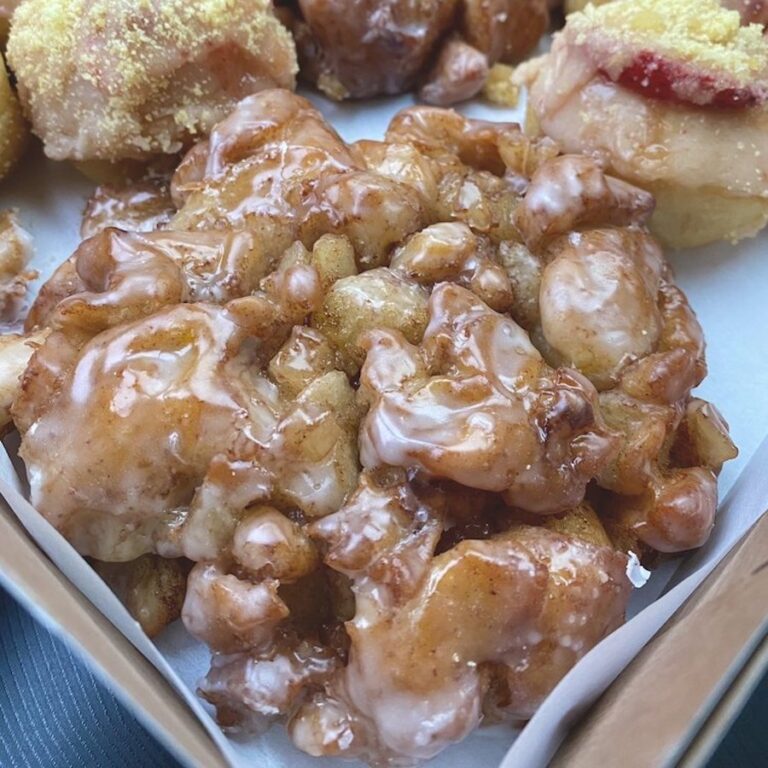Introduction
If you are a coffee enthusiast, then there is a good chance you have come across the terms ‘natural coffee’ and ‘washed coffee’ during conversational passing. After all, both are fundamental components when it comes to coffee processing, and each offers its own intrinsic value that can significantly optimize the coffee consumption experience when aligned to your flavor preferences.
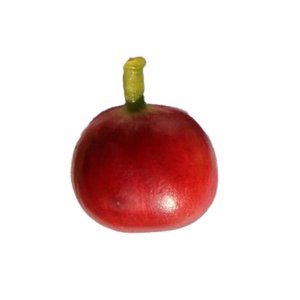
Ripe Coffee Cherry
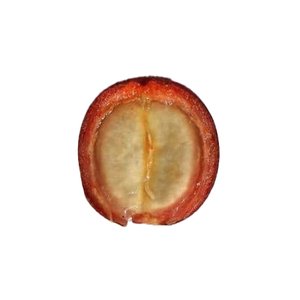
Half Cherry

Cherry Husk (aka "cascara")
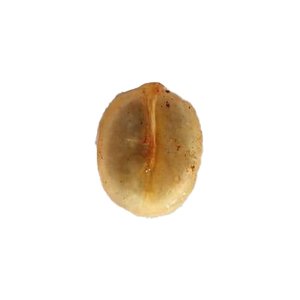
Cherry Seed (aka "green bean")
The origin and quality of coffee certainly play a large role in the final cup profile, but how they are processed (natural vs. washed) is the core foundation that differentiates them from one another. And whether it be natural coffee or washed coffee, knowing the differences and taste expectations between the two is the best way to make the most informed coffee buying choices.
Washed Coffee Processing
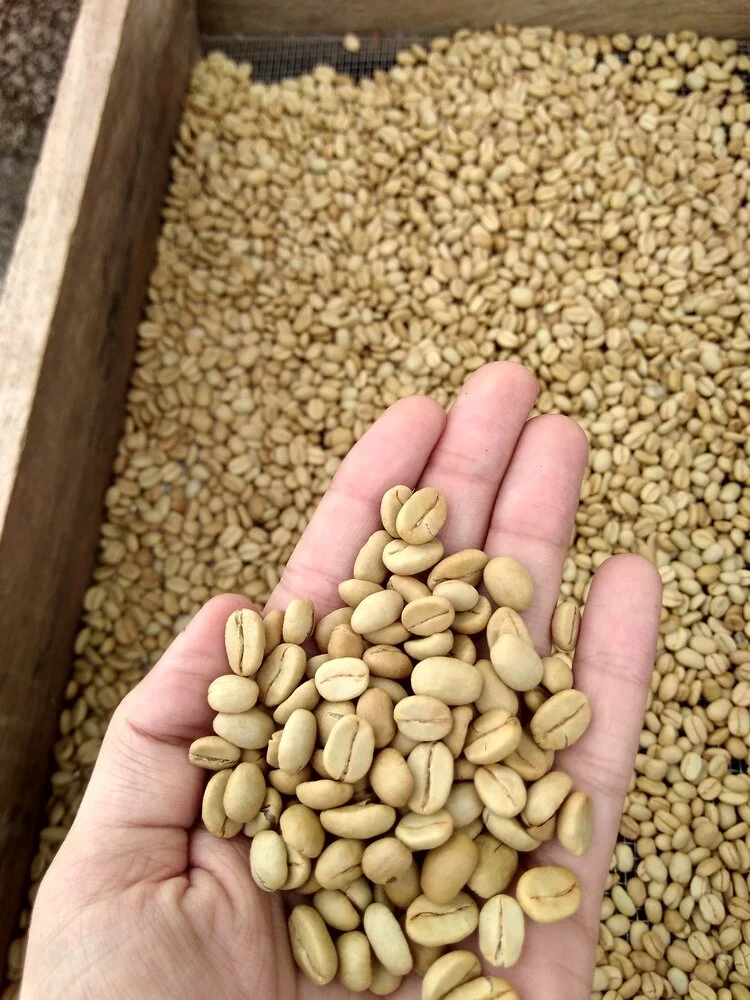
Image courtesy of Fincas Mierisch.
This is by far the most common processing done within the coffee industry; in both the commercial and specialty worlds. It’s quite popular due to the shorter turnaround time, and more predictable flavor consistencies compared to the natural process.
The washed coffee process, also known as “the wet process,” involves much of what natural coffee does. You still need to grow and harvest the coffee beans, but the key difference is that as soon as those cherries are plucked, they are washed before they are dried. In other words, the cherries need to go through a de-pulper machine to separate the coffee bean from the cherry’s outer skin layer (also known as the husk or “cascara”). Once completed, the mucilage (the inside of the fruit surrounding the bean) and the bean itself undergo a fermentation process involving submerging in water for 1-2 days. As a quick fun fact, that mucilage is what gives washed coffee its incredible taste because the sugars are released and absorbed into the bean during fermentation.
After the water fermentation, the rest of the mucilage is removed, and the washed beans are then dried just like natural coffee is. Sometimes this can be sun-dried or dried using mechanical equipment. By the time this reaches your cup, you can expect to have a lighter-bodied beverage with consistent yet complex flavors – one that also contains hints of acidic notes. The consistency aspect is due to the higher control, but keep in mind that the machines to maintain that control for a favorable bean eat up a lot of consumable energy and produce more waste in the long run.
Simply put, washed coffee is like a filtered, pasteurized beer. The beer is carefully processed to remove impurities and stabilize the flavor, resulting in a consistent and predictable taste.
Natural Coffee Processing
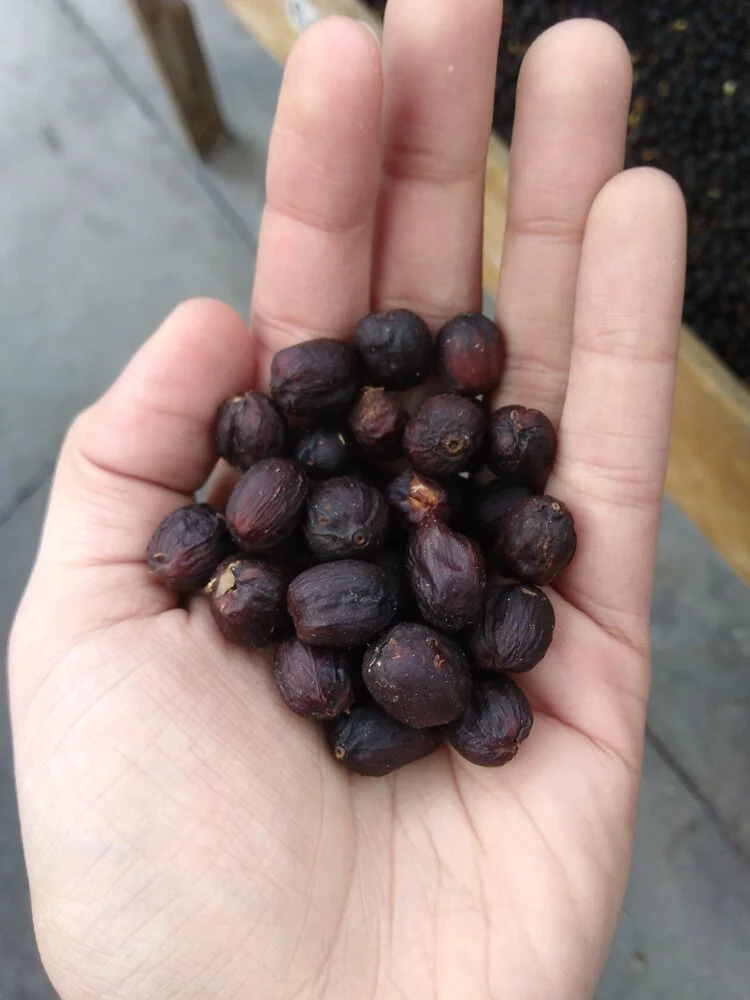
Image courtesy of Fincas Mierisch.
Natural coffee, also referred to as “unwashed coffee,” is a drying process that prepares the coffee beans for roasting. Backing up a bit, when coffee beans are ready to be harvested, they will need their skin and fruit flesh removed and then dried regardless of the process direction. The difference is the order in which these factors take place. With that being said, natural coffee entails keeping the coffee bean still inside the cherry throughout the drying process, which can generally take anywhere from 2-6 weeks to complete depending on the climate and region the coffee was grown.
Once the cherries are fully dry, that is when the coffee bean is extracted from the inside. In turn, you get rich/heavy-bodied coffee that possesses slight fruity undertones and a bit more fermented taste than its washed coffee counterpart. You can also have peace of mind knowing that investing in natural coffee means supporting eco-friendly relations, as natural coffee uses fewer chemicals, produces less waste, requires less energy, and skips the wet washing process which helps support the water conservation movement.
Natural coffee is like a craft beer that has undergone a minimal intervention and is allowed to retain more of its natural flavors and characteristics. Craft beer may have a more complex and varied flavor due to the use of unique ingredients and brewing techniques. Just like craft beer, natural coffee can have a more nuanced and sophisticated flavor profile compared to a filtered, pasteurized beer.
Is one better than the other?
When it comes to which processing option is better, the underlying answer across the board is…it depends.

Overall, it depends on your taste preferences, your expectations, and larger picture objectives as a whole. While natural processed coffees typically cost more than washed, that’s only because of its positive environmental perks combined with additionally required labor, but it is important to remember that each offers its own unique and distinguished flavors that can start your mornings off on the right foot.
In the end, both natural coffee and washed coffee are excellent choices, especially when you align them with your palate predisposition so you can truly appreciate the innate flavor and features. Because if there is one thing for sure, there is nothing quite like having a perfectly roasted, professionally processed coffee that truly elevates your java-drinking experience.
BONUS! The Honey Processing Method
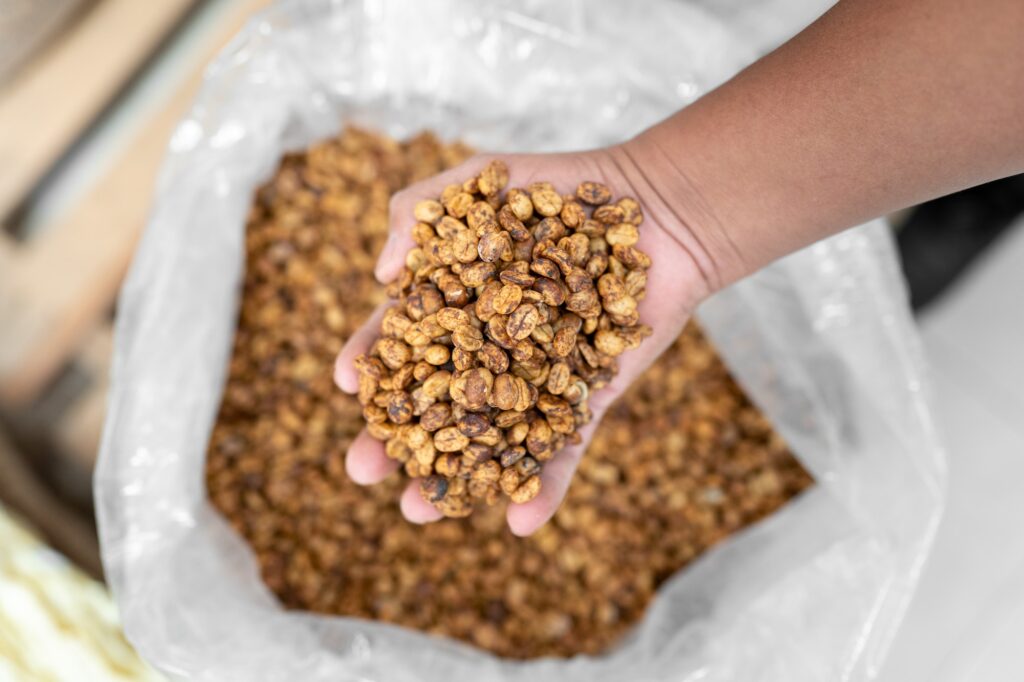
You may have heard the term, “honey” thrown around and despite the name, it doesn’t contain or utilize any actual honey. It’s called this because the coffee mucilage’s consistency is similar to the thick and sticky texture of honey, and the final taste is a very satisfying balance between washed and natural processing.
An experimental process that many specialty coffee growers are exploring, honey processing partially strips the cherries of their outer layers using water (like the washed process). This can be done by soaking the cherries in water, or by using a machine to partially remove the flesh.
After removing the cherries’ skin, they are left to dry in the sun. However, this process is careful to remove the skin, but not the mucilage between the skin and seed. As they dry, the mucilage begins to “ferment,” or break down, giving the coffee beans a unique flavor, which is a key factor borrowed from the natural process.
Honey process coffee is known for having a sweetly unique flavor profile that falls between the pure and “clean” characteristics of washed process coffee and the funkier, fermented notes of natural process coffee.

















